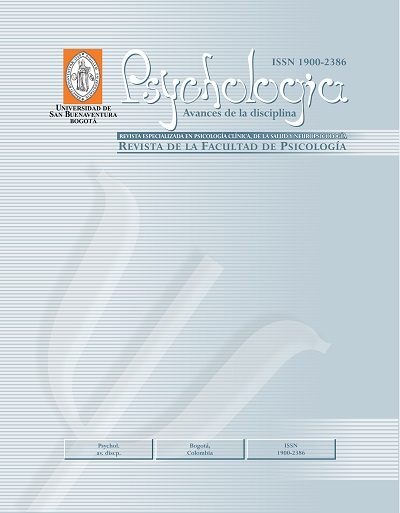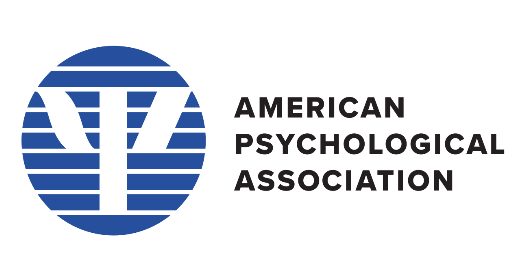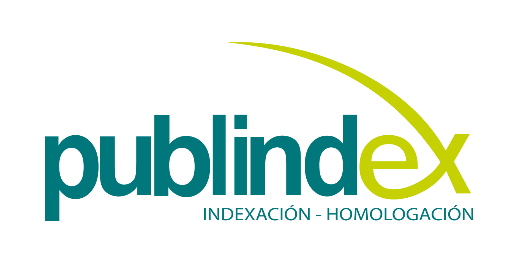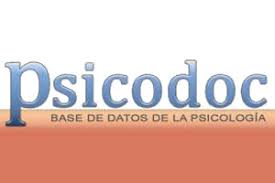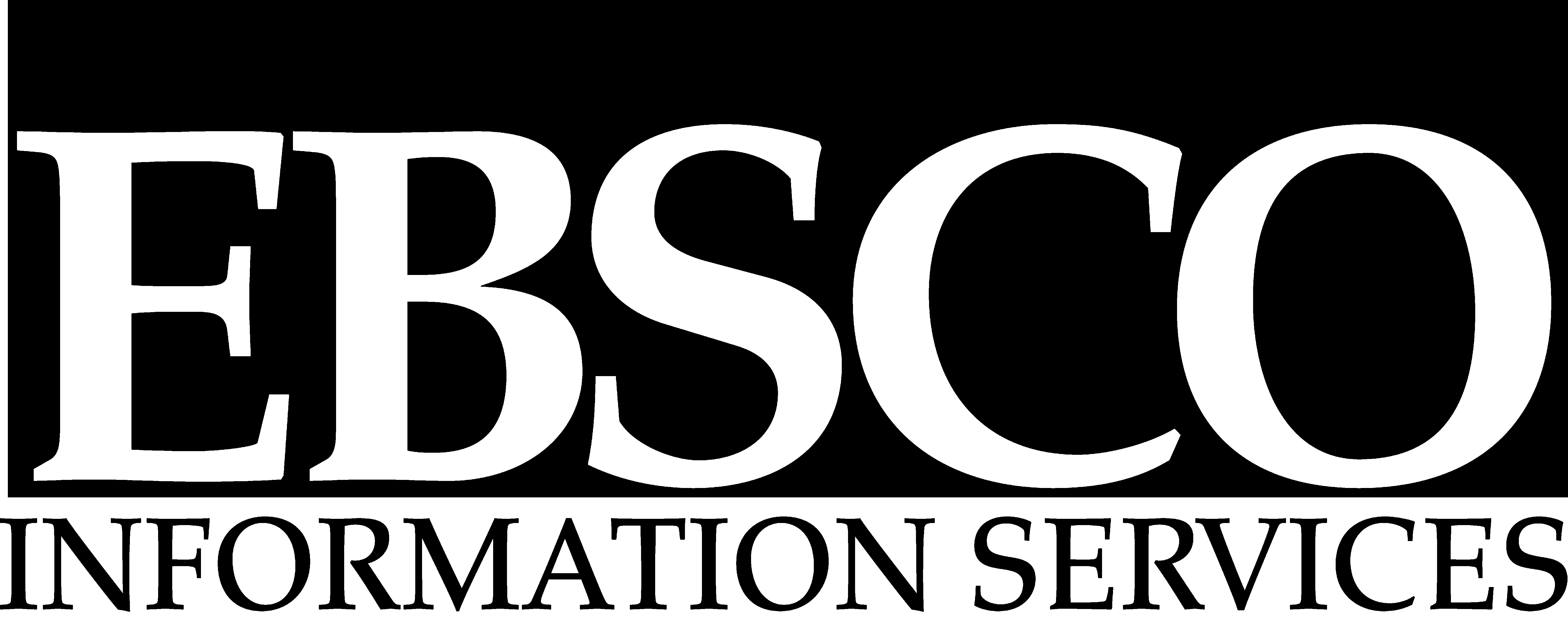This journal provides open, immediate access to its contents, based on the principle that offering the public free access to research helps to promote a higher global exchange of knowledge.
As such, all journal articles are published under a Creative Commons Attribution-NonCommercial-ShareAlike 4.0 International License (CC BY-NC-SA), by which commercial use of the original work or its possible derived works is not allowed, and the distribution thereof must be done with the same license elements regulating the original work.
http://creativecommons.org/licenses/by-nc-sa/4.0/
Abstract
Evidence-based assessment is a prerequisite for evidence-based mental health services. This article reviews the development, components, and multicultural applications of the Achenbach System of Empirically Based Assessment (ASEBA). The ASEBA includes standardized forms for obtaining self- and collateral-reports of evidence for behavioral, emotional, social, and thought problems and strengths. The problems are scored on empirically based syndromes and DSM-oriented scales. The syndromes have been supported by confirmatory factor analyses of ASEBA data from 54 societies. The strengths are scored on competence, adaptive functioning, and personal strengths scales. Translations of ASEBA forms are available in more than 100 languages. Reports of the ASEBA’s use have been published for more than 100 societies and cultural groups. Multicultural norms incorporate data from population samples in 54 societies. ASEBA software enables users to systematically compare data from self- and informant-reports regarding the person being assessed. The Multicultural Family Assessment Module (MFAM) compares scores for children and their parents in relation to norms for age, gender, the type of informant, and user-selected societies. Standardized multicultural evidence-based assessment facilitates communication and collaboration between mental health providers and researchers around the world.

